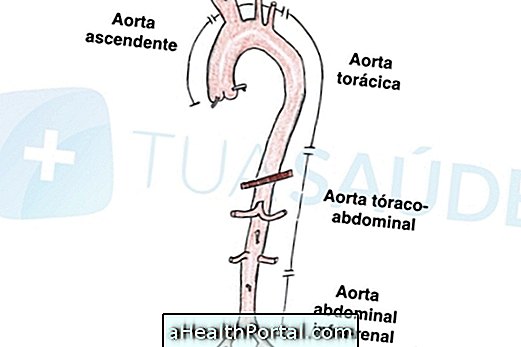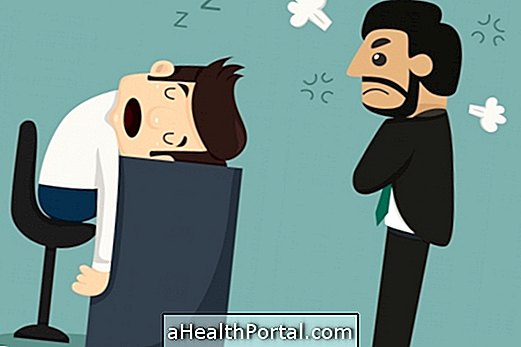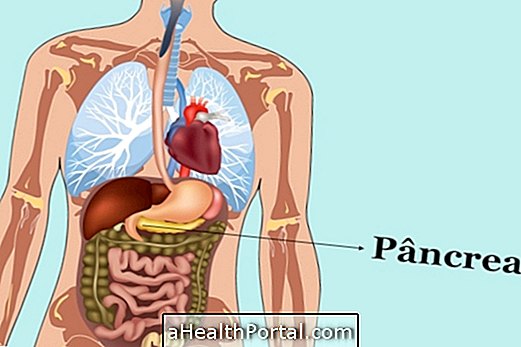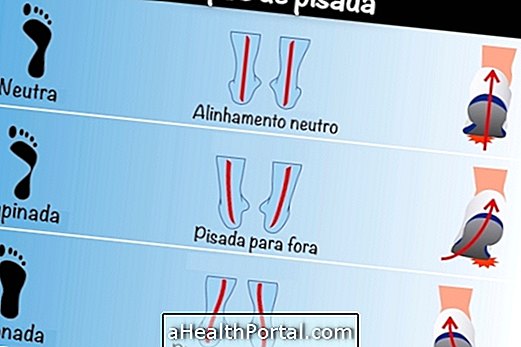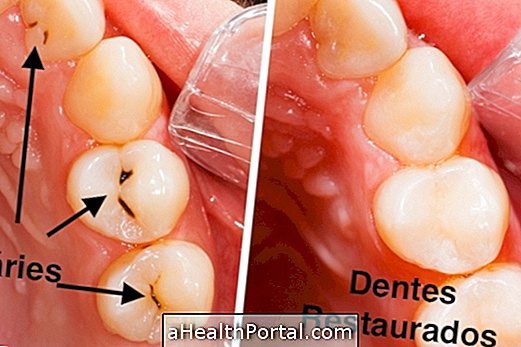Although dizziness may indicate a diseased heart, there are other causes other than cardiac causes such as labyrinthitis, diabetes mellitus, high cholesterol, hypotension, hypoglycemia and migraine, which can also cause frequent dizziness.
So if you have more than 2 episodes of dizziness per day, make an appointment with a doctor and say how often and under what conditions dizziness appears. In this way, the cardiologist can make an analysis of the probable cause, assessing if it is or not, a situation related to the heart. See: Know the causes and what to do in case of dizziness.
Heart disease that causes dizziness
Some heart conditions that may cause dizziness are: cardiac arrhythmias, heart valve disease, and heart disease.
In a heart failure, the heart loses the ability to pump blood to the rest of the body, and can sometimes be fatal, especially when it takes time to diagnose the problem.
Treatment for these causes can be done with the use of medications indicated by the cardiologist and sometimes require surgery.
Other diseases that cause dizziness
One of the most common causes of dizziness in healthy young people is vasovagal syndrome, in which the patient may experience a sudden fall in blood pressure or heart rate in situations of stress, strong emotions, when they are stopped for a long time in the same position or exercise excessively. An examination that can be performed to detect this syndrome is Tilt-Test, which can be performed at cardiology clinics.
In the elderly, dizziness is very common in labyrinthitis and also in postural hypotension. In labyrinthitis, the dizziness is of the rotatory type, that is, the individual feels that everything around him is spinning. There is an imbalance and people try to hold on to keep from falling. In postural hypotension, which occurs a lot in hypertensive patients, one gets dizzy when trying to change position. For example, when you get out of bed, when you bend down to grab an object on the floor.
As there are many causes of dizziness, it is important that the patient with this symptom, see a cardiologist to rule out serious causes of dizziness such as arrhythmia or aortic stenosis. See the symptoms of cardiac arrhythmia.



